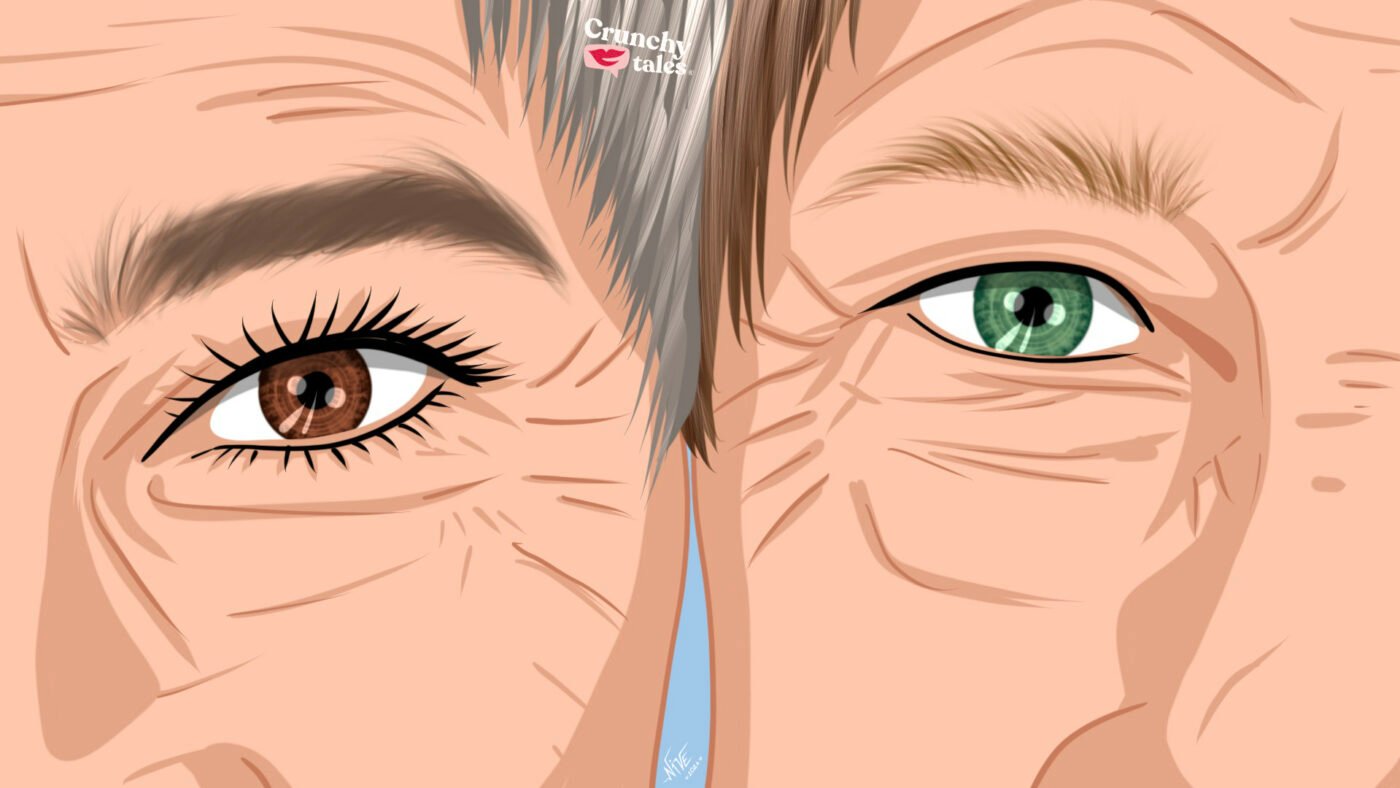The Privilege of Aging Well: How Wealth Shapes the Perception of “Successful Aging”
Imagine a world where your expiration date is directly tied to your bank account balance. Sounds like a scene from a dystopian novel, doesn’t it? Well, it’s a growing reality in our society. As we age, the gap between the rich and the rest is widening, and it’s not just about the number of zeros in your bank statement. It’s about the quality of your golden years.
Flip through any glossy magazine and you’ll be bombarded with images of active, toned octogenarians scaling mountains and sipping kale smoothies in beachfront villas. But let’s be honest, this picture-perfect portrayal of aging comes with a hefty price tag.
High-end fitness memberships? Personal trainers? Forget about it for most folks. The resources needed to maintain that kind of lifestyle are out of reach for many of us. Here’s the kick in the teeth: this relentless marketing reinforces a dangerous myth – that successful aging can be bought.
This disparity isn’t just about access to luxury items. Wealth enables proactive health management through comprehensive insurance plans and early intervention treatments that can significantly impact longevity and well-being. In contrast, those with limited means might face barriers to preventive care, resulting in a greater risk of chronic conditions and diminished quality of life.
Wealth Disparity Impacts Aging Outlook
It’s a grim reality: for many Americans, aging is becoming a financially daunting prospect. A recent survey by AARP paints a concerning picture: a majority of older adults are anxious about their retirement savings, and a significant portion have barely anything stashed away. This financial insecurity is compounded by rising inflation, which is eroding the value of their savings and making it harder to cover essential expenses.
The problem is particularly acute for those who have spent their lives working low-wage jobs or have faced significant financial setbacks. These individuals often lack the resources to build adequate retirement savings, leaving them vulnerable to poverty in their later years.
On the other hand, as stated by Business Insider, a growing number of the world’s richest entrepreneurs are using their wealth to fight aging taking supplements, abiding by austere fitness routines, and investing millions into longevity research.
Ashton Applewhite, a writer and activist, author of ‘This Chair Rocks: A Manifesto Against Ageism‘ points out that “aging successfully is classist. It requires education, leisure, passports, and access to good healthcare and nutrition and exercise—all of which are expensive—it overlooks social inequalities. Successful agers are assertive patient-consumers, upholding their civic duty by taking good care of themselves”, she writes. “The emphasis on personal responsibility dovetails with neoliberal and very American ideals of self-governance and independence. This relieves the state of responsibility, which in turn makes it less likely that the less well-off will receive the public support that makes it possible to age well—or even to age at all”.
Critics argue that this focus on wealth-driven wellness risks creating an exclusionary view of aging. It perpetuates the myth that aging well is a matter of personal choice and financial capability rather than acknowledging the broader socio-economic factors at play. It suggests that if one does not experience this idealized version of aging, it is due to a lack of effort or foresight rather than systemic inequality.
Beyond Wealth: A More Inclusive Vision of Aging Well
This controversial reality prompts a critical reflection: Should we redefine what it means to age well to include a wider range of experiences and challenges, or continue to perpetuate a model that aligns success with financial privilege?
The good news is, there’s a more inclusive vision of aging on the horizon. It’s one that celebrates resilience, community support, and access to quality healthcare, regardless of your net worth.
Jeanette Leardi, a social gerontologist, writer and community educator couldn’t explain it better. She criticizes the concept of “successful aging” for its bias towards privileged individuals. She argues that this term perpetuates social inequality and neglects the challenges faced by many older adults.
Instead, she proposes “empowered aging” as a more inclusive and equitable alternative. This term emphasizes a collaborative effort between individuals and society to support the well-being of older adults, regardless of their background or circumstances. By adopting this approach, we can move towards a more supportive and compassionate society for all.
It’s time to ditch the focus on wealth-driven wellness and embrace a future where everyone, not just the privileged few, has the opportunity to age with dignity and purpose.
Like this post? Support Us or Sign up to our newsletter to get more articles like this delivered straight to your inbox!






This Post Has 0 Comments